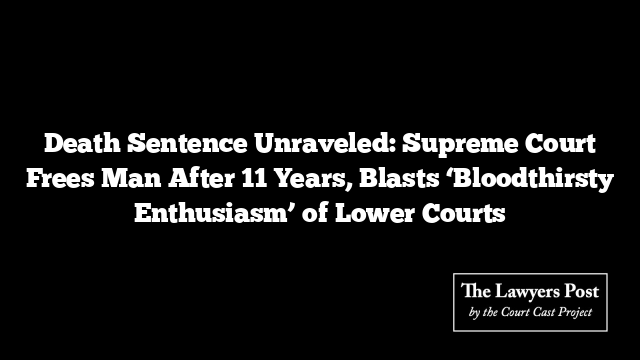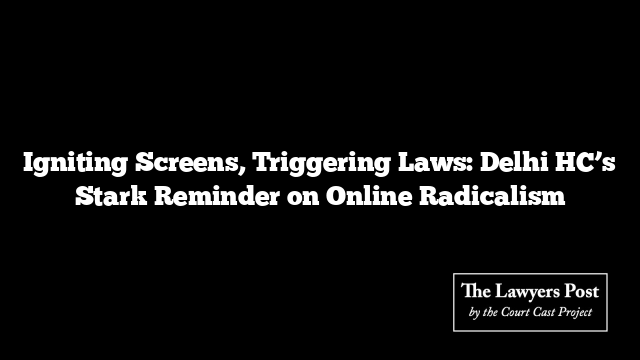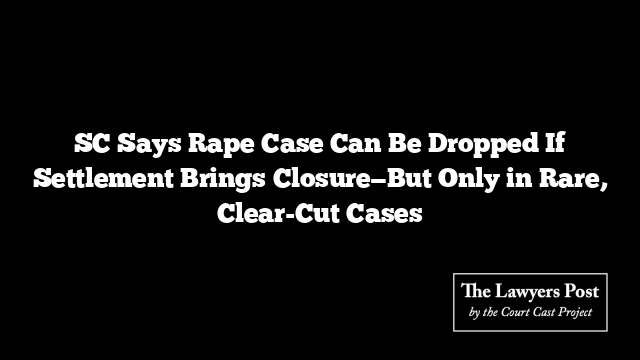In a stinging rebuke of the justice system’s failure, the Supreme Court has acquitted a man who spent over a decade on death row for a quadruple murder he likely never committed — a conviction the apex court said was built on contradictions, investigative sloppiness, and a judicial rush to punish.
The man, condemned for allegedly murdering his wife, sister-in-law, and two toddlers in 2013, was freed after the Court found the prosecution’s case riddled with cracks. The trial court had sentenced him to death in 2020, branding the crime as “rarest of rare.” The Punjab and Haryana High Court upheld the verdict in 2024. But the Supreme Court, unmoved by the weight of these decisions, tore through them with surgical precision.
“There was more haste than proof,” the bench of Justices Vikram Nath, Sanjay Karol, and Sandeep Mehta declared. “The blood on the courtroom floor wasn’t the accused’s doing — it was the legal system’s.”
The prosecution had leaned heavily on the testimony of the wife’s brother, mother, and the accused’s own young son. But the Court found each account wobbling under scrutiny.
The brother claimed he and his mother had witnessed the massacre, but the mother later said she was hiding, while the brother contradicted himself about her whereabouts. The murder weapon itself morphed mid-testimony — first a ‘datar,’ then a ‘gandasi.’ Not a single piece of physical evidence, not even bloodied clothes or the weapon, was linked to the accused with corroboration from neutral witnesses.
The judges called out what they described as a dangerous judicial eagerness to appear tough on crime — especially in emotionally charged cases — regardless of whether the evidence held together. “When the cost is blood and the stakes are life, justice cannot afford shortcuts,” the judgment said.
The Court lamented how the initial sensationalism of the case had seemingly pressured the police to produce results — fast — at the cost of truth. That panic trickled down into the courtroom, where both the trial and high court brushed off major discrepancies as “minor.”
But the Supreme Court refused to play along. “To call these contradictions minor is to deny the sanctity of a man’s life,” the bench wrote.
With that, the man’s conviction was overturned. His years behind bars, spent under the shadow of a noose, cannot be returned — but the Court made clear the system owes him something deeper than freedom: an apology in the form of reform.
The judgment ended with a chilling reflection: “This is precisely the misery which the instant case entails.”





